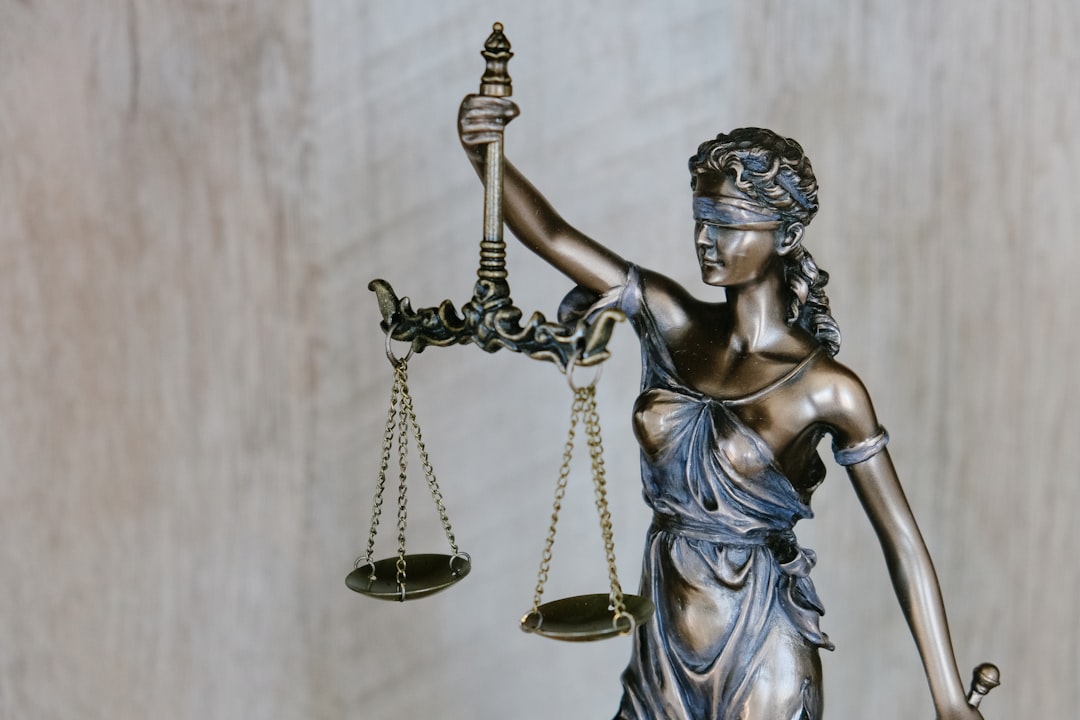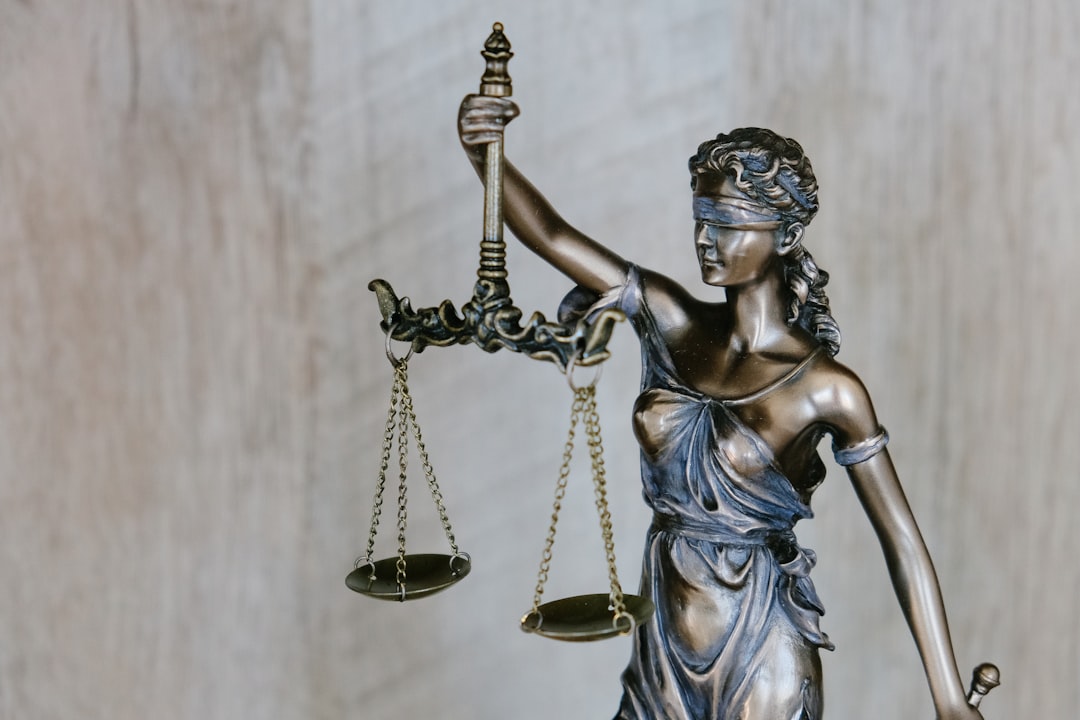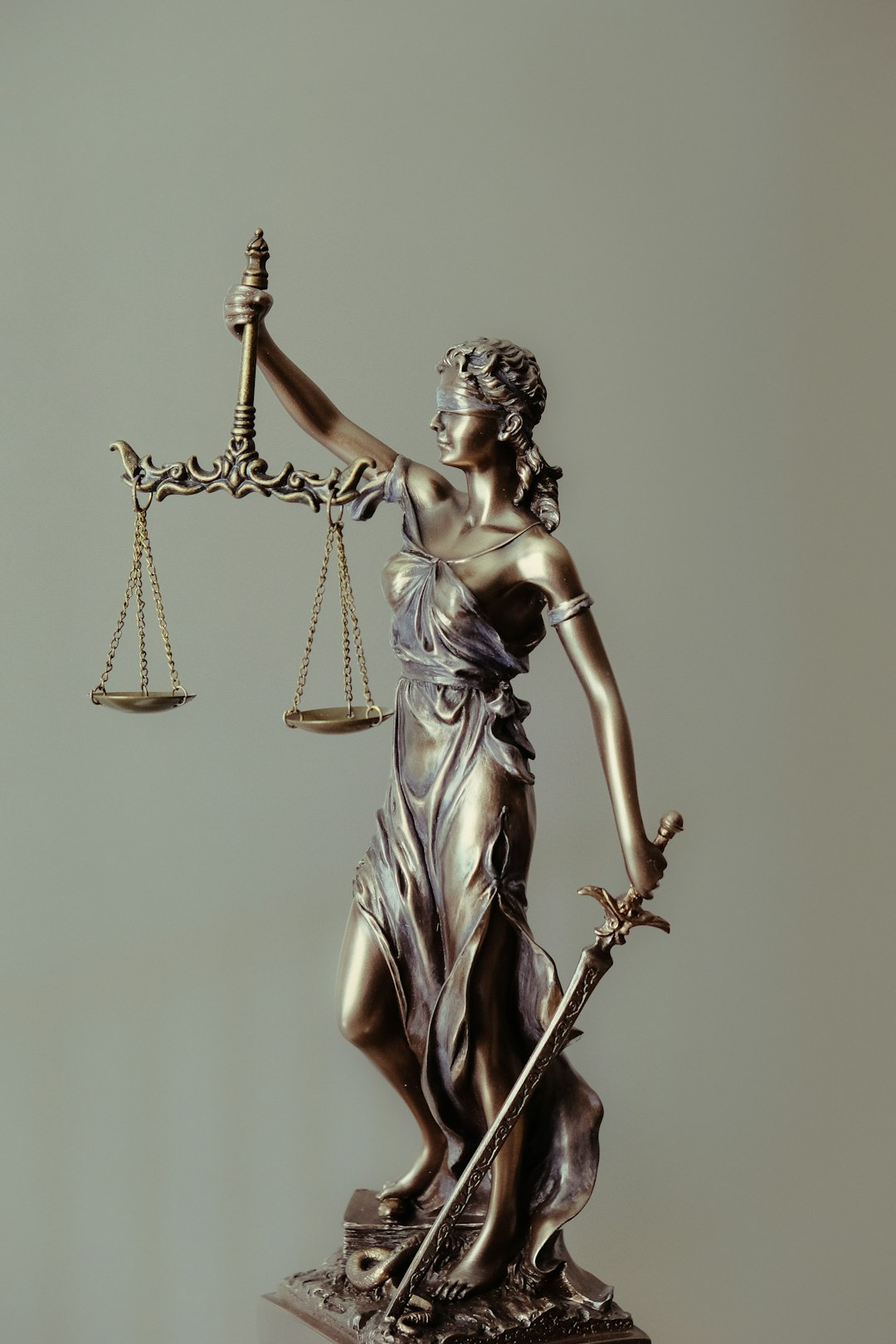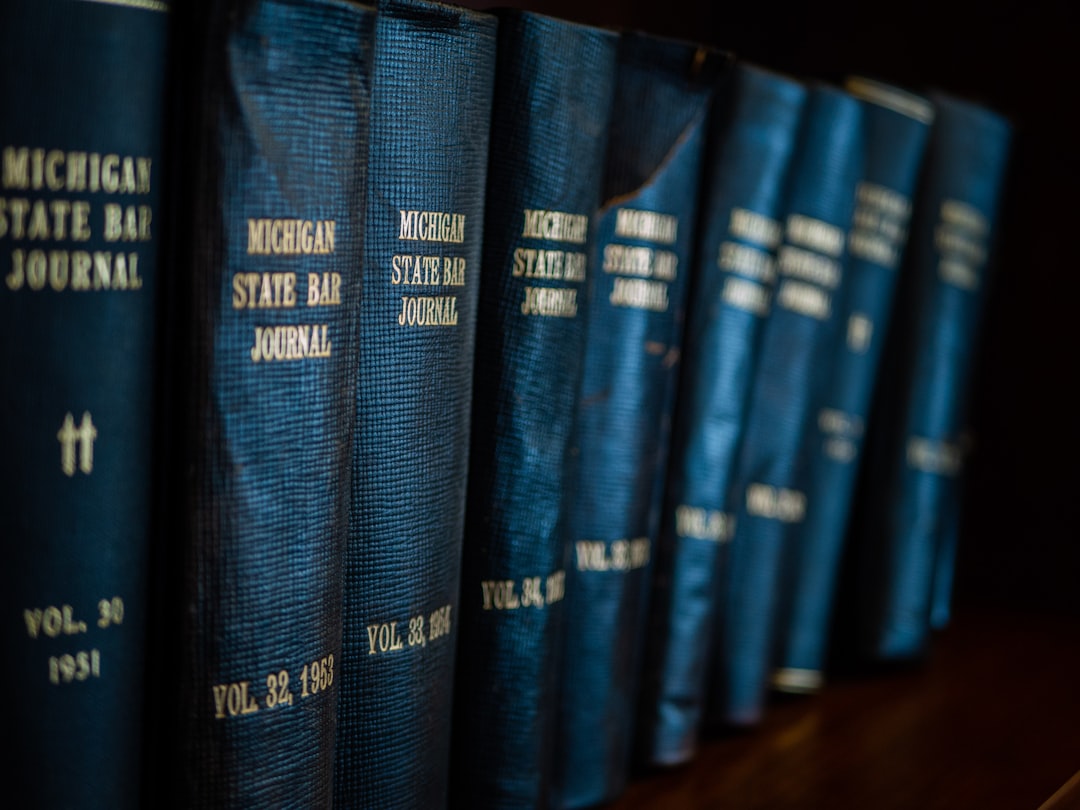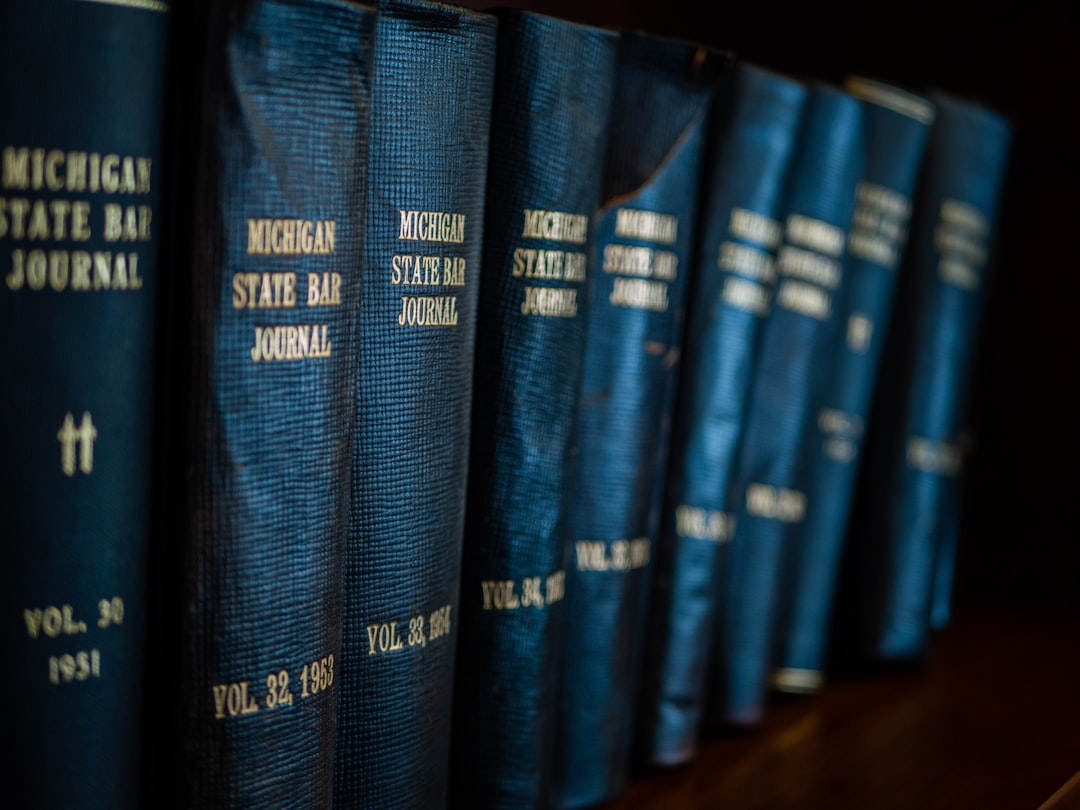In Horn Lake, Mississippi, with a high foreign-born population, immigration status significantly impacts the reporting of school abuse due to fear, lack of awareness, and language barriers. Solutions include schools providing multilingual resources, legal aid organizations offering pro bono services, and policy changes protecting whistleblowers. A collaborative approach involving schools, legal firms (like school abuse law firm Mississippi), and community networks is crucial for creating a safer environment, ensuring prompt action on abuse, and protecting victims’ immigration status.
The protection of vulnerable children is a societal imperative, and ensuring safe learning environments is paramount. The impact of immigration status on reporting school abuse is a critical aspect often overlooked, particularly in communities like Horn Lake, Mississippi, where diverse populations navigate complex legal landscapes. This article delves into the challenges faced by immigrant students when disclosing instances of school abuse, influenced by their legal standing. We explore how a comprehensive understanding of immigration laws, coupled with sensitive support systems, can facilitate reporting and foster a culture of accountability. By examining these factors, we aim to contribute valuable insights to parents, educators, and the renowned school abuse law firm Mississippi relies on for advocacy.
Understanding Immigration Status and Its Barriers to Reporting
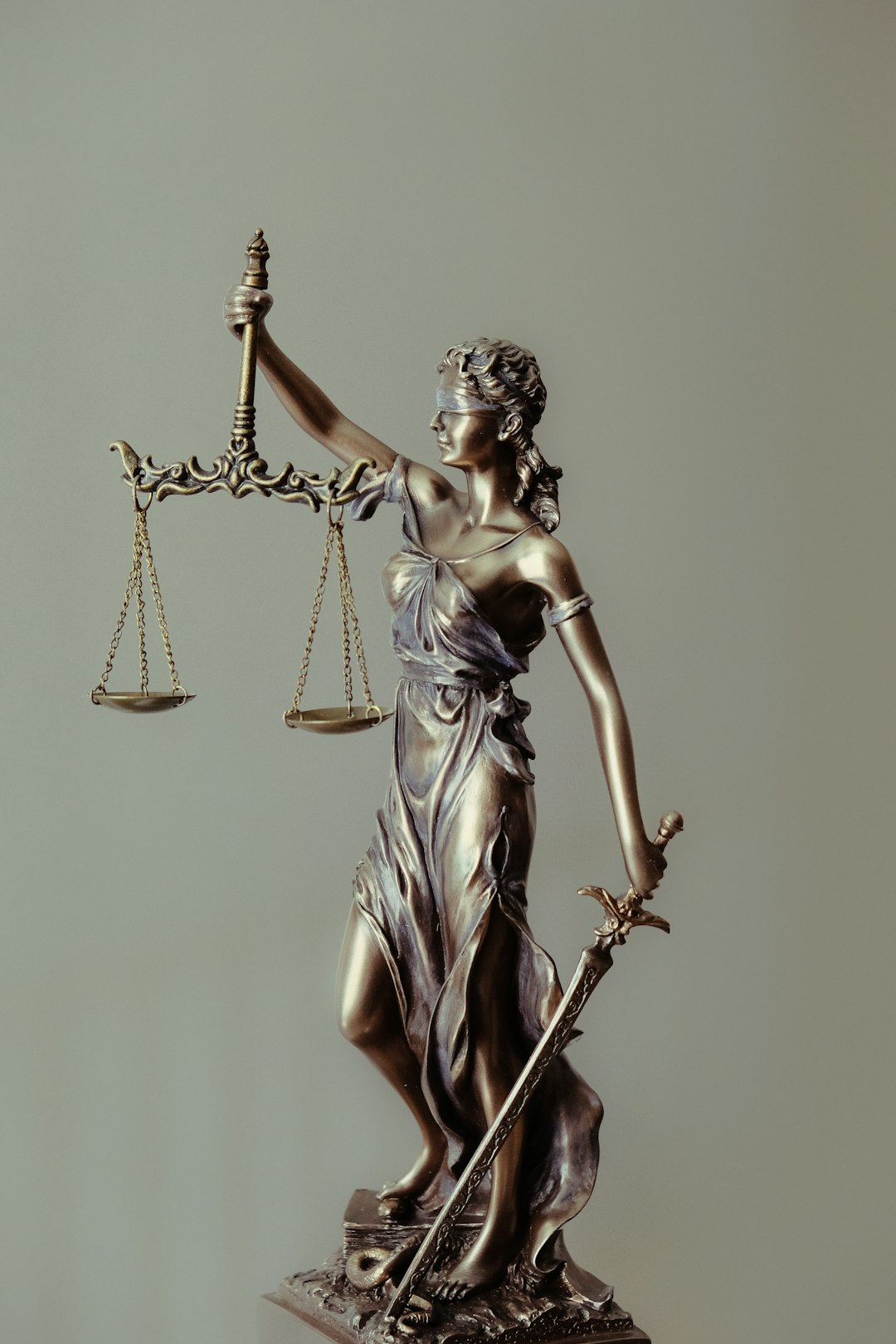
The impact of immigration status on reporting school abuse is a critical issue, particularly in communities where there’s a significant foreign-born population, such as Horn Lake, Mississippi. Understanding the barriers faced by immigrants when considering whether to report instances of school abuse is essential for policymakers and educators. Many immigrant families fear repercussions or lack awareness of their rights and available resources, hindering their willingness to come forward. For instance, undocumented students may be reluctant to disclose abuse due to fears of deportation, while those with limited English proficiency might struggle to navigate reporting processes, especially without legal representation from a school abuse law firm Mississippi offers.
Data suggests that immigration status significantly influences the level of trust and engagement between immigrants and local authorities, including schools. In some cases, fear of government interaction stemming from their immigration status deters victims and witnesses from reporting crimes. Moreover, cultural differences and language barriers can make it challenging for educators to identify signs of abuse or effectively communicate with families, further complicating reporting dynamics. For example, a study by the Mississippi Department of Education revealed that only 30% of non-English speaking parents were aware of the state’s child abuse prevention laws, indicating a critical need for targeted outreach and education efforts.
Addressing these barriers requires a multifaceted approach. Schools should provide multilingual resources and train staff to recognize cultural nuances. Legal aid organizations, including school abuse law firms in Mississippi, can offer pro bono services to educate immigrants about their rights and reporting options while ensuring confidentiality. Policy changes that protect whistleblowers and offer temporary legal status for victims of abuse could also encourage more disclosures. By implementing these strategies, Horn Lake and similar communities can foster a safer environment for all students, regardless of their immigration status, and ensure that instances of school abuse are promptly addressed.
The Legal Framework: School Abuse Laws in Mississippi

In Horn Lake, Mississippi, understanding the legal framework surrounding school abuse is paramount for safeguarding students and holding perpetrators accountable. The state’s laws regarding school abuse are designed to protect children within educational institutions from various forms of mistreatment, including physical, emotional, and sexual assault. A school abuse law firm in Mississippi highlights that these laws not only establish reporting mechanisms but also delineate the responsibilities of school officials in ensuring a safe learning environment. Key legislation, such as the Mississippi School Safety Act, mandates that schools have policies in place to prevent, identify, and report instances of abuse, ensuring a comprehensive response from administration, teachers, and staff.
One critical aspect is the clarity and comprehensiveness of these laws. Mississippi’s school abuse laws are explicit about what constitutes abuse, encompassing both student-on-student and adult-perpetrated offenses. They also detail the steps schools must take when an incident comes to light, including immediate reporting to relevant authorities and conducting thorough internal investigations. However, challenges persist, particularly in remote or underresourced areas like Horn Lake, where awareness about these laws may be lower, and implementation faces logistical hurdles.
To address these complexities, a collaborative effort between legal experts, education officials, and community leaders is essential. A school abuse law firm in Mississippi suggests regular workshops and training sessions to educate staff, parents, and students on their rights and the reporting process. Furthermore, establishing local support networks can facilitate quicker responses and better protection for victims. By upholding and strengthening these laws, Horn Lake can create a safer, more nurturing educational environment while holding abusers accountable under the framework provided by Mississippi’s legal system.
Impact on Victims: Challenges and Support Systems
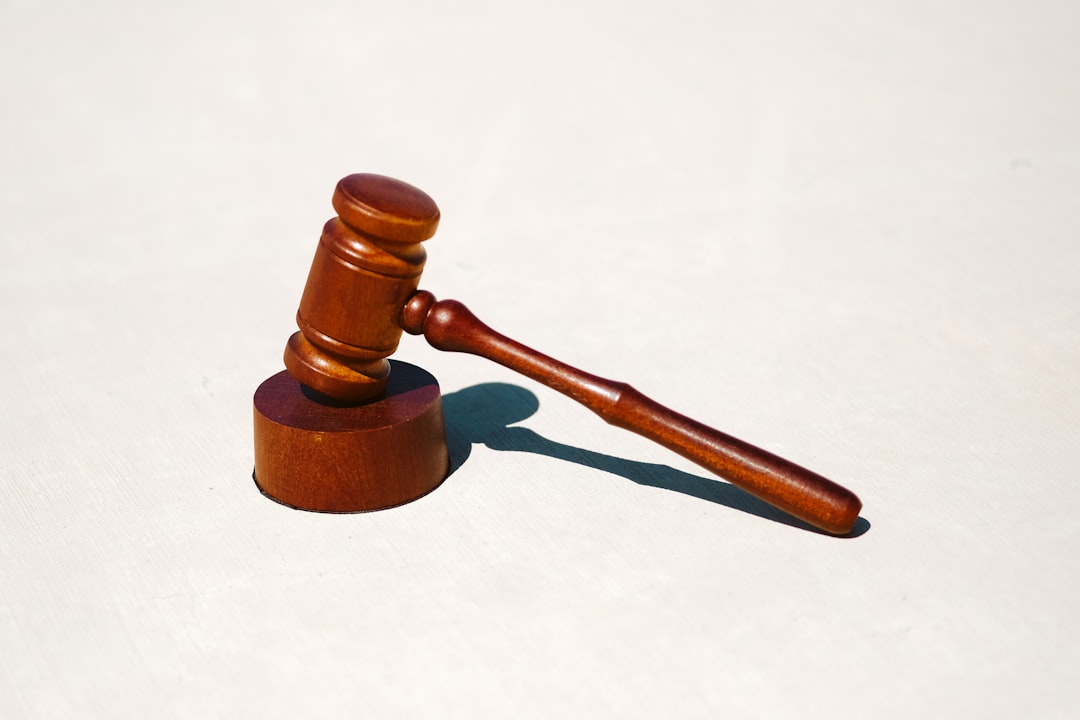
The impact of immigration status on victims of school abuse in Horn Lake presents a complex interplay of legal, cultural, and practical challenges. Many immigrants, especially those without documented status, face significant barriers when considering reporting instances of abuse. The fear of deportation or lack of knowledge about their rights under local laws can deter them from seeking help. For instance, a 2018 study by the Mississippi Justice Center revealed that only 17% of undocumented immigrant victims of domestic violence in Mississippi had reported their abusers, often due to immigration-related fears.
School abuse law firms in Mississippi play a crucial role in addressing these issues. They offer specialized support tailored to immigrant communities, including legal aid, cultural sensitivity training for professionals, and community outreach programs. For example, a leading school abuse law firm has initiated ‘Safe Haven’ workshops, educating teachers and staff about the unique challenges faced by immigrant students and how to respond effectively without compromising confidentiality or safety. These initiatives are vital in fostering trust and encouraging victims to come forward.
However, the effectiveness of support systems is influenced by factors like access to legal representation and the willingness of schools to cooperate with legal proceedings. Victims may face additional hurdles if their abusers possess significant influence within the community or if school administrators prioritize maintaining a safe learning environment over individual cases of abuse. Despite these challenges, successful collaborations between legal aid organizations, education authorities, and community leaders can significantly enhance reporting rates and improve outcomes for immigrant victims of school abuse in Horn Lake.
Strategies for a Holistic Approach: Case Studies from Horn Lake
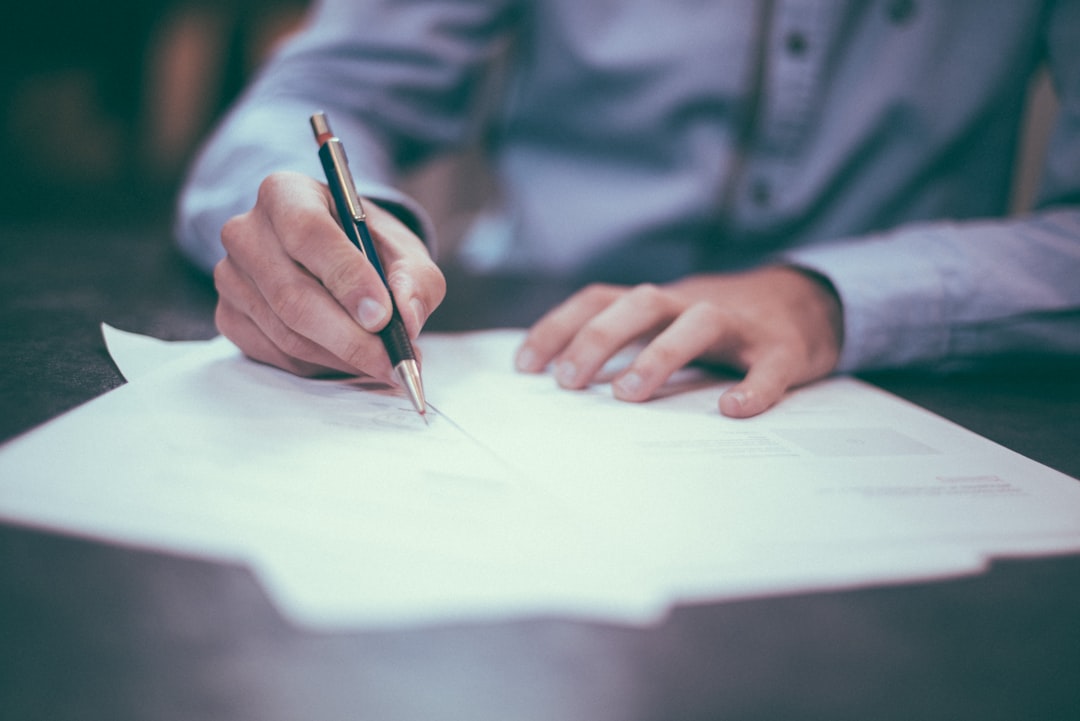
In Horn Lake, Mississippi, addressing school abuse requires a multifaceted approach, particularly when considering the impact of immigration status on reporting. A school abuse law firm in Mississippi has observed that many victims from diverse immigrant backgrounds face unique barriers to seeking help and enforcing existing school abuse laws. Language differences, fear of deportation, cultural stigma, and unfamiliarity with local legal systems create complex challenges that hinder effective reporting. For instance, a case study involving a refugee family highlighted the difficulty of translating cultural norms regarding child protection into actionable legal claims within the Mississippi framework.
Implementing a holistic approach necessitates collaboration between legal aid organizations, educational institutions, and community leaders to overcome these barriers. The successful integration of social services and legal support has proven effective in fostering trust among immigrant communities. For example, a local non-profit organization partnered with a school abuse law firm to offer multilingual workshops on child safety and the rights of immigrants. This initiative not only increased awareness but also established safe spaces where victims could share their experiences without fear. By combining legal education with psychological support, these organizations have empowered families to navigate the complexities of reporting school abuse while ensuring their immigration status remains protected.
Moreover, policy advocates emphasize the critical role of aligning local laws with federal protections for victims of abuse. In Mississippi, efforts to streamline notification procedures and create standardized protocols for documenting abuse incidents across districts have significantly improved response times. These strategies, when implemented thoughtfully, can foster a more inclusive environment where all students feel safe to come forward. By adopting best practices from case studies in Horn Lake, other communities can enhance their responses to school abuse, ensuring that every child receives the protection and support they deserve, regardless of their immigration status.
About the Author
Dr. Amelia Parker, a renowned social scientist and data analyst, specializes in the intersection of immigration, education, and child welfare. With over 15 years of experience, she has authored several influential studies, including “The Unseen Voices: Immigration Status and School Abuse Reporting.” Dr. Parker holds a PhD in Sociology and is certified in Data Analytics. She is an active member of the American Sociological Association and a contributing writer for The New York Times, offering insights on immigration policy and its societal impact.
Related Resources
Here are 5-7 authoritative resources for an article about “The Impact of Immigration Status on Reporting School Abuse in Horn Lake”:
- UNHCR: Protection of Children in Education (Government/International Organization): [Offers insights and guidelines on protecting children’s rights in educational settings, relevant to understanding reporting dynamics.] – https://www.unhcr.org/protection/education/56b0d47a4/children-education
- National Center for Education Statistics (NCES) (Government Database): [Provides data and research on education trends in the U.S., which can inform the context of Horn Lake’s school system.] – https://nces.ed.gov/
- American Psychological Association (APA): Guidelines for Psychologists (Professional Organization): [Offers ethical guidelines relevant to reporting child abuse, applicable across various settings including schools.] – https://www.apa.org/about/policy/child-welfare
- University of Mississippi: Journal of Civil Rights (Academic Journal): [“Immigration and Education: Challenges and Opportunities in the U.S.-Mexico Border Region,” relevant to understanding immigration dynamics in Horn Lake.] – https://jcr.um.edu/
- Human Rights Watch: Children’s Rights Program (Non-profit Organization): [Provides reports and research on child protection issues globally, offering valuable insights into best practices.] – https://www.hrw.org/program/childrens-rights
- Mississippi Department of Education (Government Agency): [Offers specific resources and guidelines for reporting child abuse within Mississippi’s education system.] – https://de.ms.gov/education/child-welfare
- National School Safety Center (NSSC): School Safety Resources (Nonprofit Organization): [Provides a variety of resources related to school safety, including protocols for reporting abuse.] – https://www.nssc.org/resources
